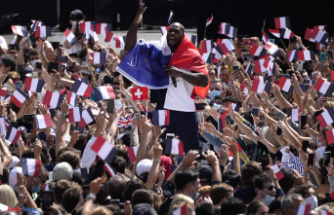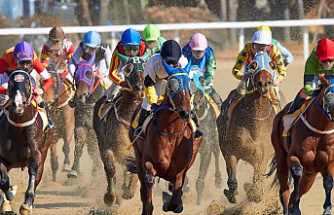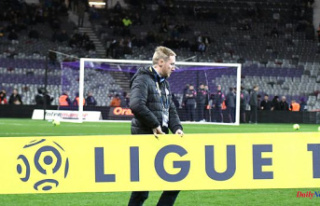The controversy has not ceased since the sexist remarks made last week by the president of the organizing committee of the Tokyo 2020 Olympic Games, Yoshiro Mori.
Last Wednesday, the 83-year-old former Japanese prime minister said women spoke too long at board meetings, which he found "annoying". He awkwardly apologized the next day at a press conference, while ruling out resigning.
Only, the pressure on Yoshiro Mori and the entire Tokyo-2020 committee has not weakened since, on the contrary.
Tokyo 2020 executive board members announced on Wednesday that they will meet on Friday to discuss the organizing committee's "future initiatives" on gender equality.
Of 54 Olympic sponsors who responded to a survey by public broadcaster NHK, 36 also found Yuriko Mori's remarks "unacceptable", although none said they intended to cancel their commitments.
On Tuesday, the International Olympic Committee (IOC), which initially considered the case closed, also ended up judging his remarks "absolutely inappropriate" and rolling out its own progress in terms of gender equality in the Olympic movement.
About 390 Olympic and Paralympic Games volunteers, out of some 80,000 volunteers recruited in all, have decided to quit, the organizing committee said, adding that this figure includes withdrawals for all kinds of reasons. The committee has received around 4,000 complaints about the Tokyo 2020 boss's statements, and two people have given up participating in the Olympic torch relay, according to the Kyodo agency. An online petition demanding action after the Mori case has already garnered nearly 145,000 signatures.
This scandal is a new thorn in the side of the organizers of Tokyo-2020, who were already struggling to rekindle enthusiasm for the Games (July 23-August 8, 2021), postponed last year because of the pandemic, while the global health context remains worrying.












